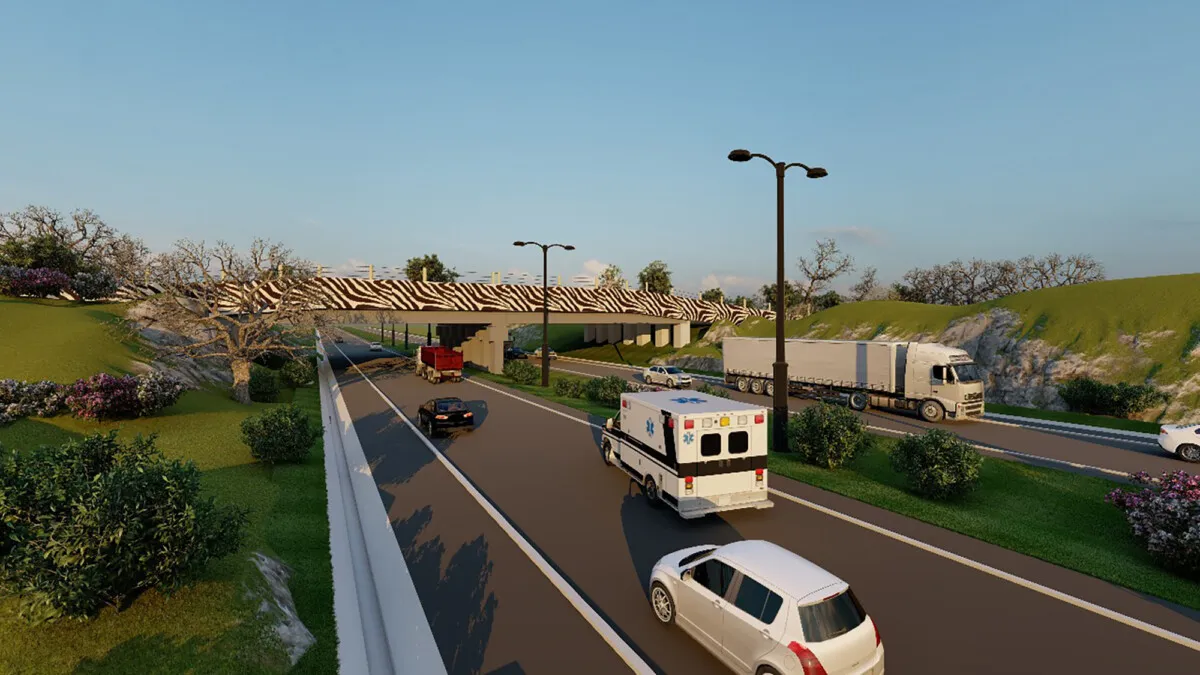Mexico's federal tolling authority, RFID technology specialist Sirit, and Axiompass, an integrator and supplier of tolling equipment and RFID systems, have announced they have successfully installed the first toll-free system for residents in the country using Sirit RFID readers.
March 15, 2012
Read time: 2 mins
Mexico's federal tolling authority, RFID technology specialist 2772 Sirit, and 3929 Axiompass, an integrator and supplier of tolling equipment and RFID systems, have announced they have successfully installed the first toll-free system for residents in the country using Sirit RFID readers.
Sirit's IDentity 5100 is the latest generation in multi-protocol readers that can read different radio frequency protocols, including the ISO 18000-6C, which is being integrated into every vehicle in Mexico as part of the National Public Vehicle Registry. The device can also read the ISO 18000-6B and ISO-10374 protocols currently being used on all federal toll roads in Mexico operated by the federal tolling authority, Caminos y Puentes Federales de Ingresos y Servicios Conexos (3928 CAPUFE).
In September 2011, Axiompass was awarded the project to install exclusive lanes on three toll plazas, to allow the residents of five municipalities in southern Sonora State to be exempted from toll payment in that region. They will use the REPUVE tag, which will automatically open the toll booth barriers when it is read by the RFID reader at speeds of about 30 km/h.
On the inauguration of the project with members of CAPUFE, Diosinio Perez Jacome Friscone, Minister of Communications and Transportation of the Federal Government, explained that this application serves residents of southern Sonora State. He noted that this type of technology applied to toll-free road usage is unique in the country. "This project responds to the Federal Government's commitment to modernise this highway, strengthening the road infrastructure of the country," he said.
"The opportunity to improve the travelling experience of southern Sonora residents is one we are happy to fulfill, particularly given its place as the first toll solution in Mexico to use the ISO 18000-6C RFID protocol," said John Freund, VP of sales for2771 Federal Signal Technologies, Sirit's parent organisation. "The ability of our multi-protocol readers to integrate seamlessly into the existing infrastructure and read both the 18000-6C REPUVE tag and CAPUFE's -6B IAVE and ISO-10374 tags ensures no disruption to current agency business practices. This approach is customer friendly and economical, a key step in the path to national interoperability, and another example of Sirit's commitment to practical and customer-focused innovation."
Sirit's IDentity 5100 is the latest generation in multi-protocol readers that can read different radio frequency protocols, including the ISO 18000-6C, which is being integrated into every vehicle in Mexico as part of the National Public Vehicle Registry. The device can also read the ISO 18000-6B and ISO-10374 protocols currently being used on all federal toll roads in Mexico operated by the federal tolling authority, Caminos y Puentes Federales de Ingresos y Servicios Conexos (
In September 2011, Axiompass was awarded the project to install exclusive lanes on three toll plazas, to allow the residents of five municipalities in southern Sonora State to be exempted from toll payment in that region. They will use the REPUVE tag, which will automatically open the toll booth barriers when it is read by the RFID reader at speeds of about 30 km/h.
On the inauguration of the project with members of CAPUFE, Diosinio Perez Jacome Friscone, Minister of Communications and Transportation of the Federal Government, explained that this application serves residents of southern Sonora State. He noted that this type of technology applied to toll-free road usage is unique in the country. "This project responds to the Federal Government's commitment to modernise this highway, strengthening the road infrastructure of the country," he said.
"The opportunity to improve the travelling experience of southern Sonora residents is one we are happy to fulfill, particularly given its place as the first toll solution in Mexico to use the ISO 18000-6C RFID protocol," said John Freund, VP of sales for









